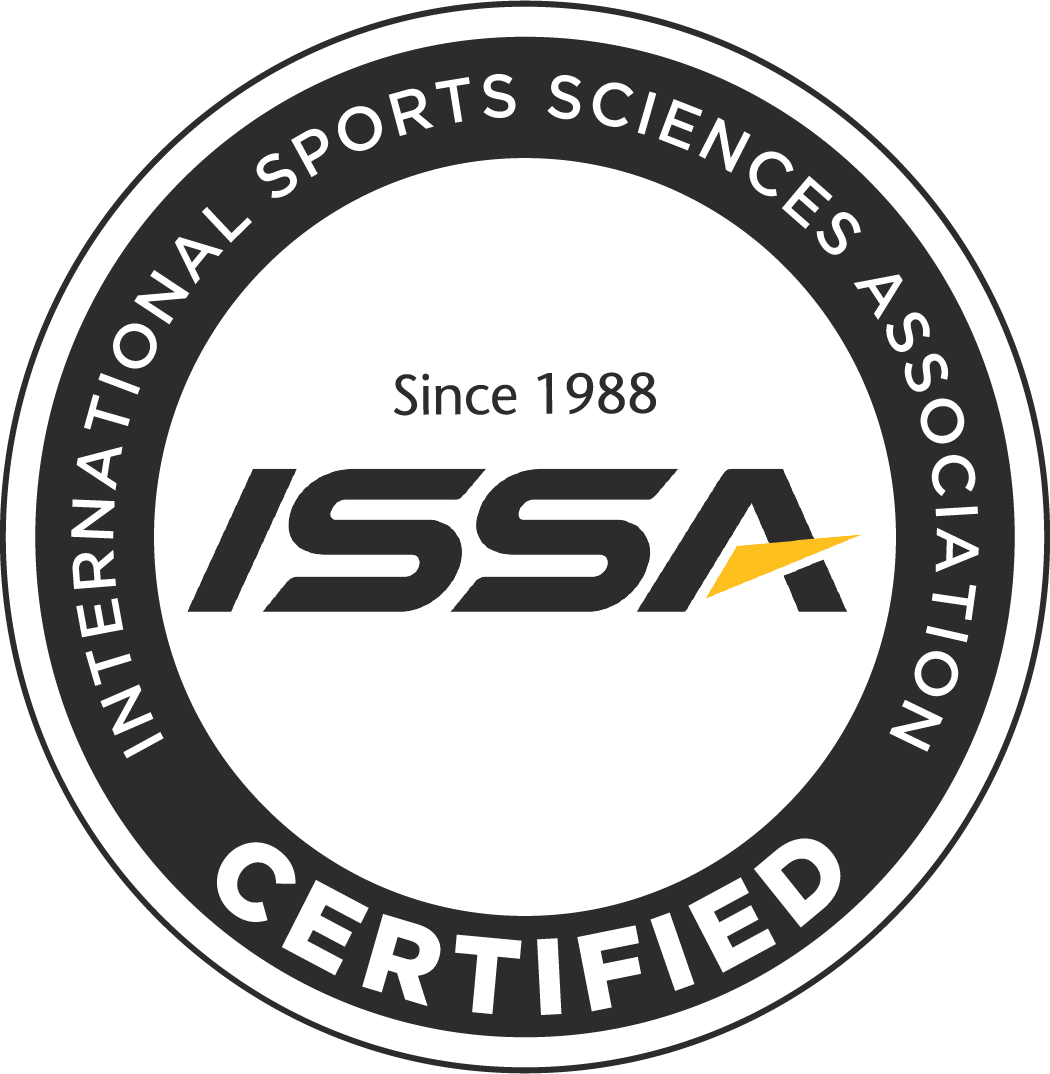
Because thriving through menopause isn’t just possible—it’s powerful.
Menopause is a natural life transition, but for many women, it feels anything but smooth. Between hot flashes, weight gain, sleep disturbances, and mood swings, the physical and emotional shifts can be overwhelming. What’s often overlooked? The profound impact menopause has on nutrition needs—and how eating the right foods can help ease the ride.
Let’s break down what happens during menopause, how it affects your body’s nutrient demands, and how to use food as your ally to manage symptoms and feel your strongest.
Menopause is defined as the end of menstrual cycles for 12 consecutive months, typically between ages 45–55. But the transition (called perimenopause) can start years earlier.
During this time, estrogen and progesterone production fluctuates and declines, which triggers:
Hot flashes and night sweats
Slower metabolism and body composition changes
Mood swings, anxiety, and brain fog
Bone loss and increased risk of osteoporosis
Blood sugar and cholesterol shifts
Sleep disruptions and fatigue
That’s a lot—and nutrition can help address nearly all of it.
| Nutrient Area | Why It Matters Post-Menopause | What to Focus On |
|---|
| Protein | Helps maintain lean muscle and metabolism | Increase intake slightly (1.0–1.2g/kg/day), spread evenly across meals |
| Calcium & Vitamin D | Bone loss accelerates after estrogen drops | Aim for 1000–1200 mg Ca + 800–1000 IU vit D daily |
| Iron | Needs decrease after menstruation stops | Lower RDA post-menopause; avoid high-dose iron unless deficient |
| Fiber | Supports gut, heart health, and weight control | 25–30g/day from whole foods like veggies, fruit, oats, and legumes |
| Omega-3s | Reduce inflammation, support brain and heart health | Include walnuts, flaxseed, chia, or fatty fish 2x/week |
| Phytoestrogens | Plant compounds that mimic estrogen and help balance hormones | Found in soy, flax, lentils, chickpeas—include regularly |
Hot flashes are one of the most common and frustrating symptoms. While no diet “cures” them, research shows certain foods can help reduce frequency and severity.
✅ Top Foods to Support Hormonal Balance & Reduce Hot Flashes:
Soy foods (edamame, tofu, tempeh): rich in isoflavones, natural plant estrogens
Ground flaxseed: 1–2 tablespoons daily can help regulate estrogen metabolism
Leafy greens: magnesium-rich and anti-inflammatory
Berries: high in antioxidants that reduce oxidative stress
Whole grains: support blood sugar balance (spikes can trigger hot flashes)
Cool, hydrating foods like cucumbers, watermelon, mint tea
🚫 Foods That May Worsen Hot Flashes:
Spicy foods
Alcohol (especially red wine)
Caffeine
High-sugar or high-refined carb meals
Note: Every woman is different—track your symptoms and food intake to identify your personal triggers.
Many women notice weight creeping up during menopause—even if their diet hasn’t changed. Why?
Estrogen decline shifts fat storage to the midsection
Muscle mass decreases, slowing metabolism
Insulin sensitivity drops, leading to more fat storage from carbs
Sleep issues increase cravings and hunger hormones
But here’s the good news: With the right strategy, you can stabilize your weight—and feel strong doing it.
| Meal | Nutrition Goals | Example |
|---|
| Breakfast | Protein, fiber, omega-3s | Oats with chia, berries, flaxseed, and Greek yogurt or soy milk |
| Lunch | Lean protein, phytoestrogens, greens | Lentil and arugula salad with edamame, olive oil, and pumpkin seeds |
| Snack | Stable energy and satiety | Handful of walnuts + sliced apple or soy-based protein bar |
| Dinner | Anti-inflammatory, blood sugar support | Grilled salmon with quinoa and sautéed kale or broccoli |
| Bonus | Hydration + cooling herbs | Cucumber-mint infused water or hibiscus tea |
💤 Prioritize sleep. Aim for 7–9 hours and establish a calming nighttime routine.
🧘♀️ Practice stress relief. Cortisol can worsen hot flashes and cravings—try yoga, journaling, or deep breathing.
🏋️ Strength train. Just 2–3 sessions a week can preserve muscle and support weight control.
🚶♀️ Stay active daily. Walking, Pilates, or gentle cardio help regulate hormones and improve mood.
Menopause is a major change—but it doesn’t mean losing control over your health or your body. It’s a chance to tune in, recalibrate, and nourish yourself in deeper ways. Nutrition can help smooth the transition, ease uncomfortable symptoms, and protect your long-term health.
At Thrive Intensity, I help women take back their power through personalized nutrition that supports this stage—not fights it. You’re not meant to just survive menopause—you’re meant to thrive through it.
Let’s create one that supports your hormones, energy, and confidence.
Visit www.thriveintensity.com to book your free consultation today.
